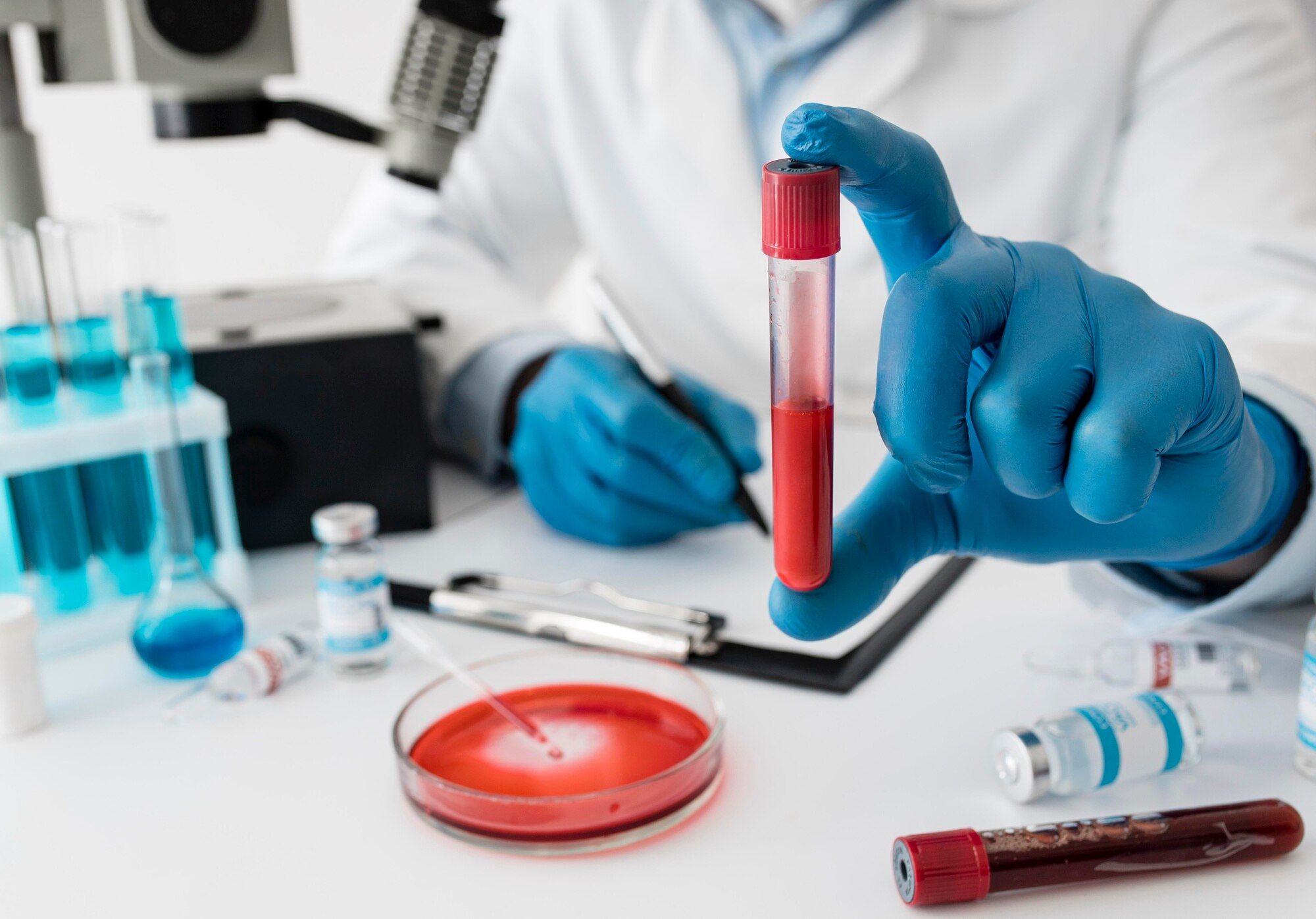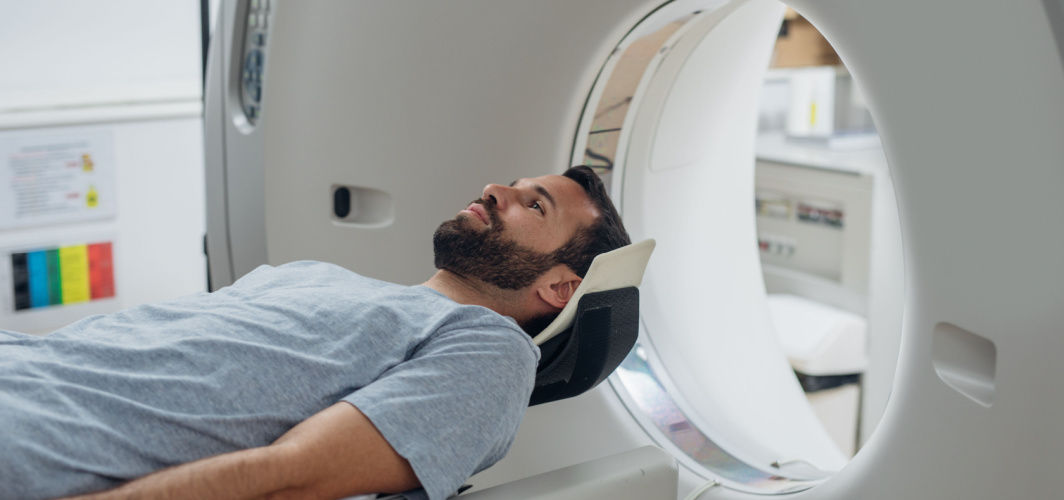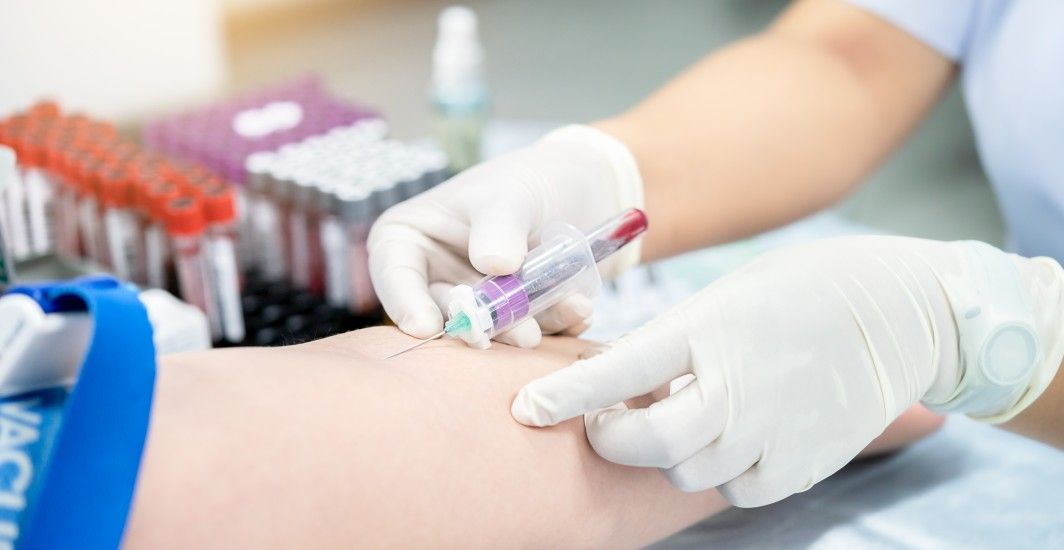General Health
Levothyroxine: Uses, Dosage and Side Effects
3 min read
By Apollo 24|7, Reviewed by Dr. Srividya Kalavagunta, Verified by Dr. Ima Rashid, Published on - 16 May 2024, Updated on - 22 May 2024
Share this article
0
0 like
.jpg?tr=q-80)
Levothyroxine is one of the most common medications prescribed by doctors to cure hypothyroidism and severe hypothyroidism (myxedema coma.) It is a synthetic form of the thyroid hormone secreted by the thyroid gland. Though levothyroxine can effectively treat hypothyroidism, one must be aware of its possible side effects.
Key Facts about Levothyroxine
- Levothyroxine is the most frequently used thyroid medication.
- It should be taken on an empty stomach first thing in the morning.
- Delivered orally mostly and intravenously in rare cases in hospital settings.
- The usual dosage is between 12.5 -200 mcg daily
- Higher doses are recommended in the case of severe hypothyroidism.
Who Can & Cannot Take Levothyroxine?
Most people with low levels of thyroid hormone (hypothyroidism) can safely take levothyroxine. However, people with certain medical conditions or who are allergic to its components must take this medicine only after discussing it with a healthcare professional.
How & When to Take Levothyroxine?
Levothyroxine must be taken orally, preferably on an empty stomach or at least half an hour before breakfast. Your healthcare provider will inform you of the exact dosage to take the medicine for a desirable outcome.
Side Effects of Levothyroxine
Some of the side effects of levothyroxine, especially when taken in excess dosage, include:
- Excessive sweating
- Increased appetite
- Headache
- Irritability
- Nausea
- Skin itching, rash, or redness
- Weight loss
Other less common side effects of levothyroxine include heat intolerance, chest pain, irregular heartbeat, and allergic reactions. Depending on individual sensitivity and the amount taken, an overdose of levothyroxine can cause these symptoms:
- Rapid heartbeat
- Chest pain
- Anxiety
- Tremors
- Insomnia
It is important to recognize the signs of levothyroxine overdose and seek urgent medical help if you suspect an overdose.
Pregnancy and Breastfeeding Considerations
Women who are pregnant or breastfeeding should consult their doctor before taking levothyroxine, as their dosage requirements may vary compared to non-pregnant individuals. Managing optimal thyroid function is key to the mother's and baby's health.
Interaction of Levothyroxine with other medicines
Certain medicines, such as antacids, calcium supplements, and iron supplements, may interfere with the absorption of levothyroxine. Hence, one should inform their doctor of all their medications to prevent possible interactions.
Dosage & Strength of Levothyroxine
The dosage of levothyroxine may vary according to a person’s age, weight, and severity of hypothyroidism. The doctor will evaluate these factors before prescribing the right dosage. You may also be asked to take thyroid function blood tests before the doctor can adjust the levothyroxine dosage.
What to do if you have missed a dosage of Levothyroxine?
If a dose of levothyroxine is missed, take it as soon as you remember it unless it is close to the next scheduled dose. One should not take two doses together to compensate for the missed dose.
Additional Advice
Avoid combining herbal remedies and supplements with levothyroxine as this may cause decreased absorption, unwanted interactions, and a negative impact on overall thyroid function and levothyroxine benefits.
Medicine Safety & Regulations
Levothyroxine is a prescribed medication that should be taken according to the doctor’s advice. One should inform the doctor of any adverse reactions experienced after taking the medication.
Conclusion
Levothyroxine can effectively treat low thyroid hormone levels. To maximize the benefits of the medication, it's important to be mindful of its potential side effects and interactions and adhere to the doctor's guidance.
General Health
Consult Top Endocrinologists
View AllLeave Comment
Recommended for you

General Health
RFT Test: Normal Range, Purpose, Procedure and Results
RFT test normal range helps evaluate kidney health. Understand the importance of renal function tests and what deviations from normal levels indicate.

General Health
The Role of MRI Scans in Detecting and Diagnosing Cancer
Discover the pivotal role of MRI scans in early cancer detection and diagnosis, offering insights for improved patient care.

General Health
Planning Surgery, Pregnancy, or a Blood Donation? Know Your Blood Group in Advance
Preparing for surgery, pregnancy, or donating blood? Learn why knowing your blood group in advance is vital for safety, compatibility, and emergency readiness.
Subscribe
Sign up for our free Health Library Daily Newsletter
Get doctor-approved health tips, news, and more.
Visual Stories

Could There Be More to Your Snore?
Tap to continue exploring
Recommended for you

General Health
RFT Test: Normal Range, Purpose, Procedure and Results
RFT test normal range helps evaluate kidney health. Understand the importance of renal function tests and what deviations from normal levels indicate.

General Health
The Role of MRI Scans in Detecting and Diagnosing Cancer
Discover the pivotal role of MRI scans in early cancer detection and diagnosis, offering insights for improved patient care.

General Health
Planning Surgery, Pregnancy, or a Blood Donation? Know Your Blood Group in Advance
Preparing for surgery, pregnancy, or donating blood? Learn why knowing your blood group in advance is vital for safety, compatibility, and emergency readiness.


